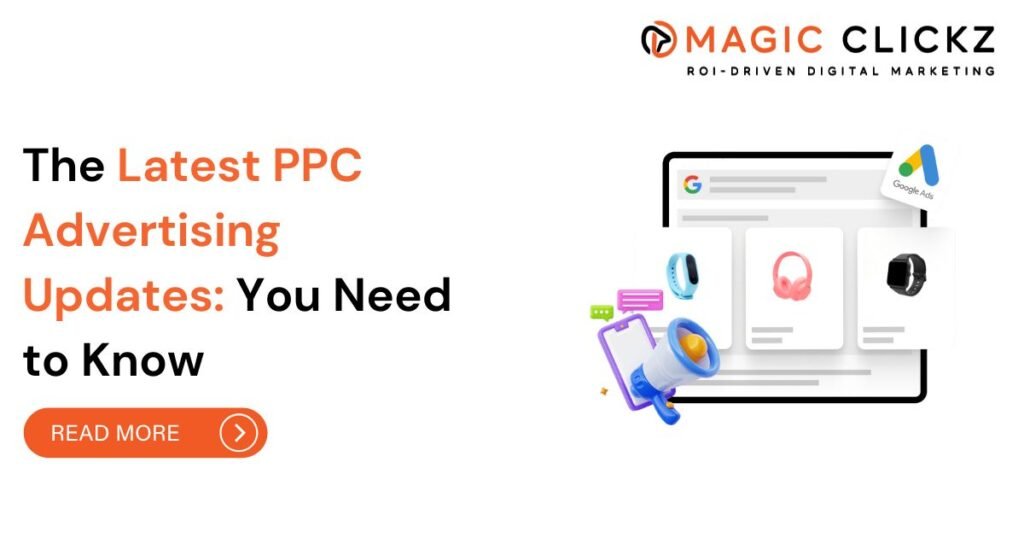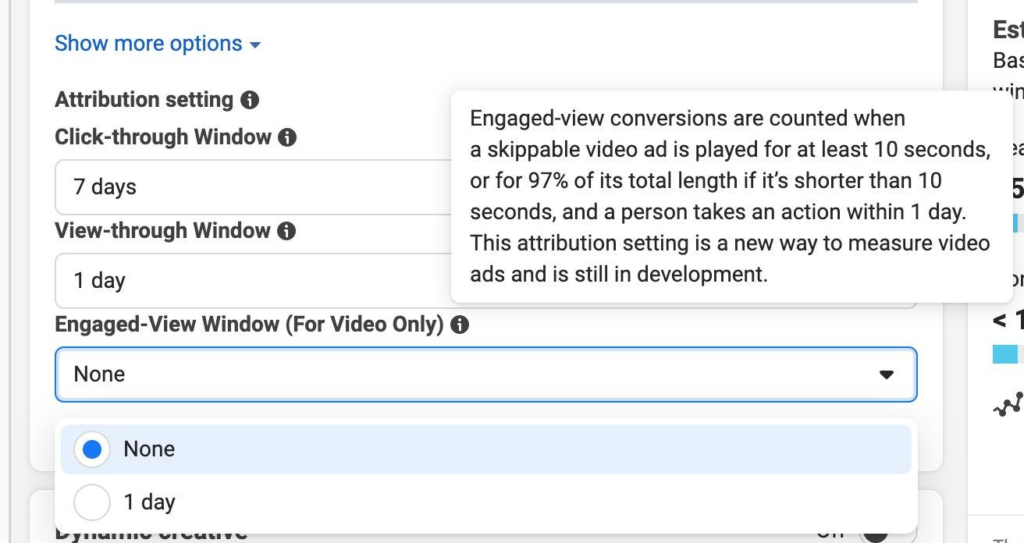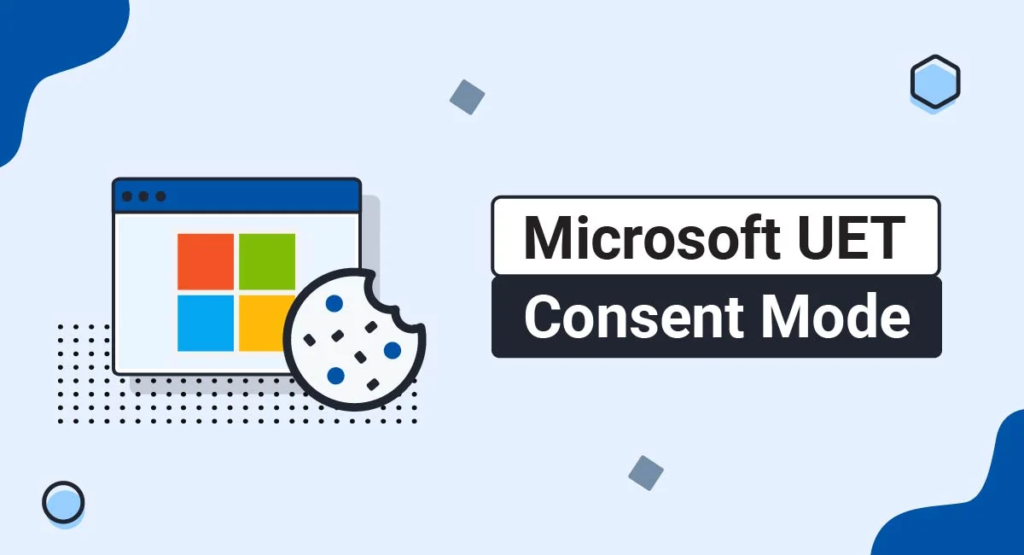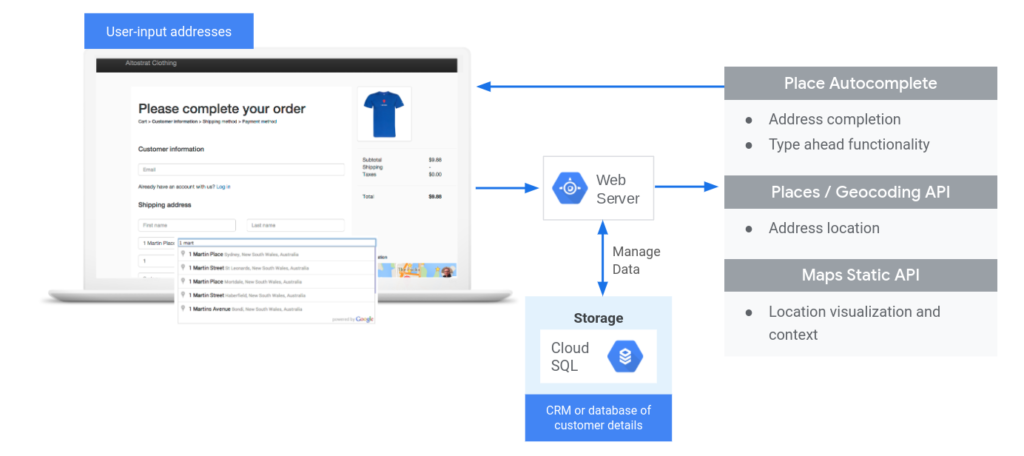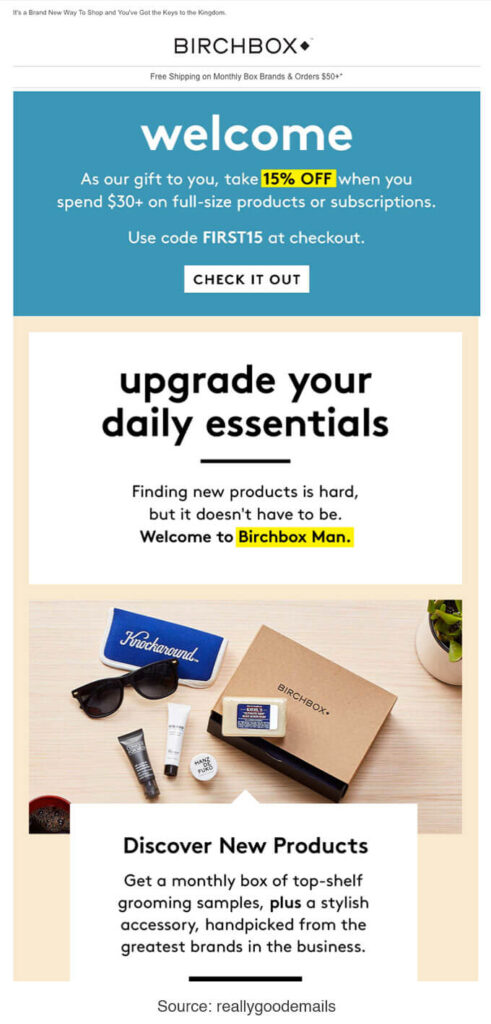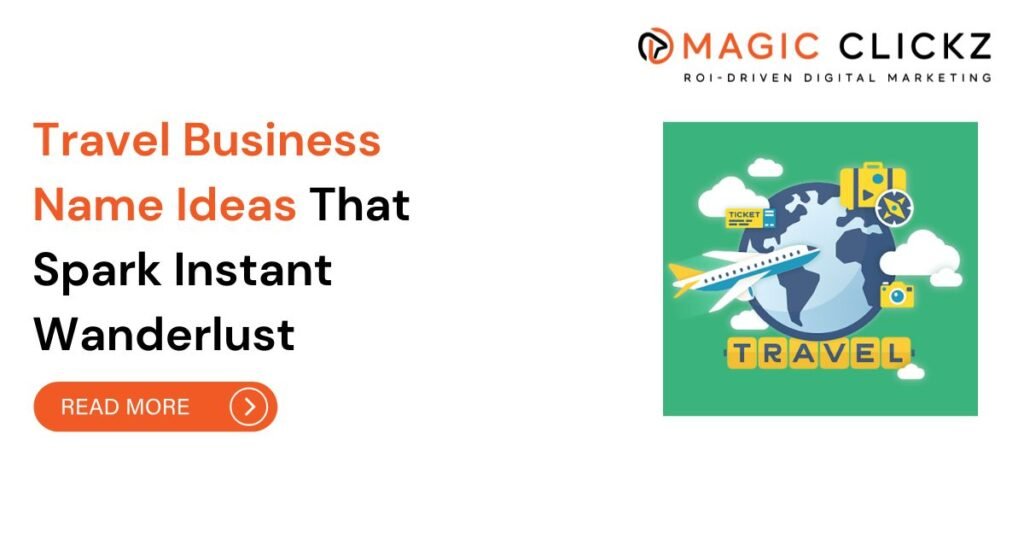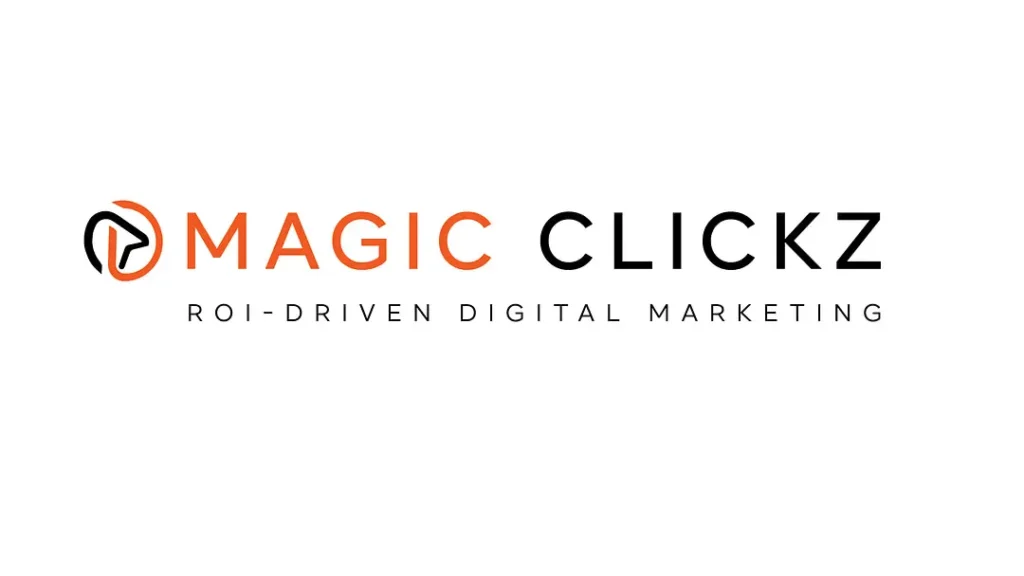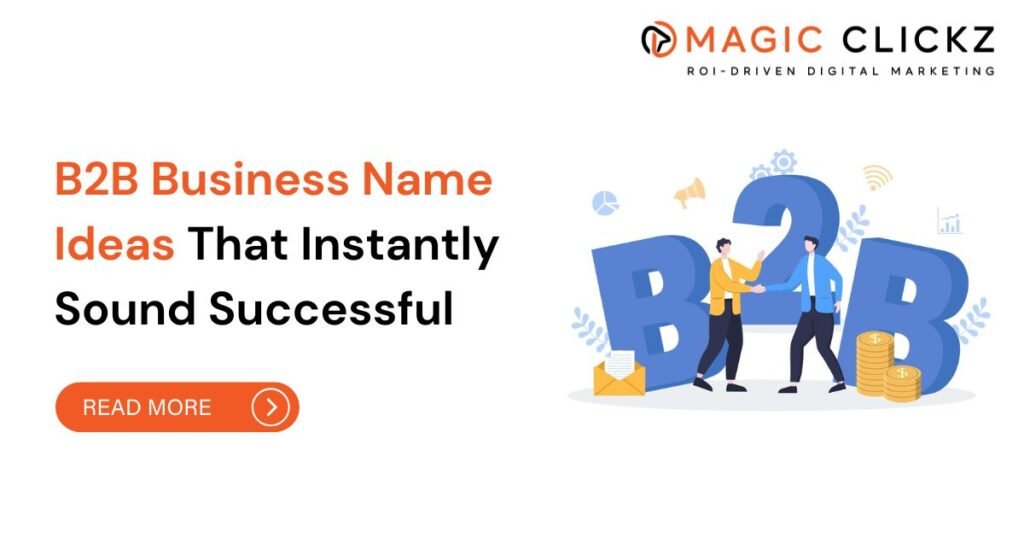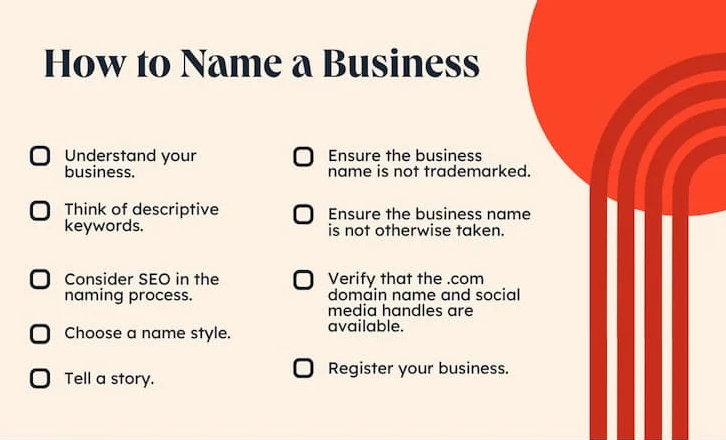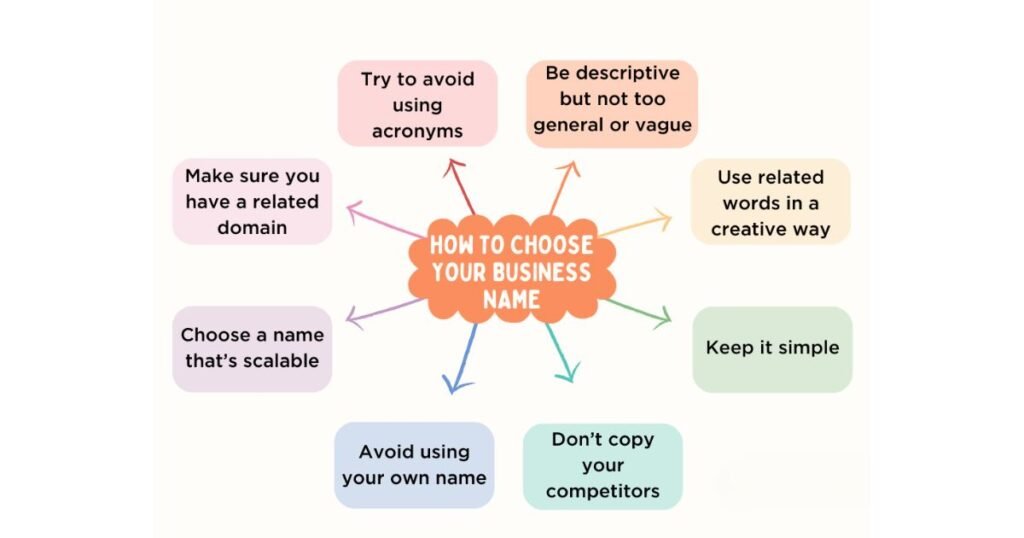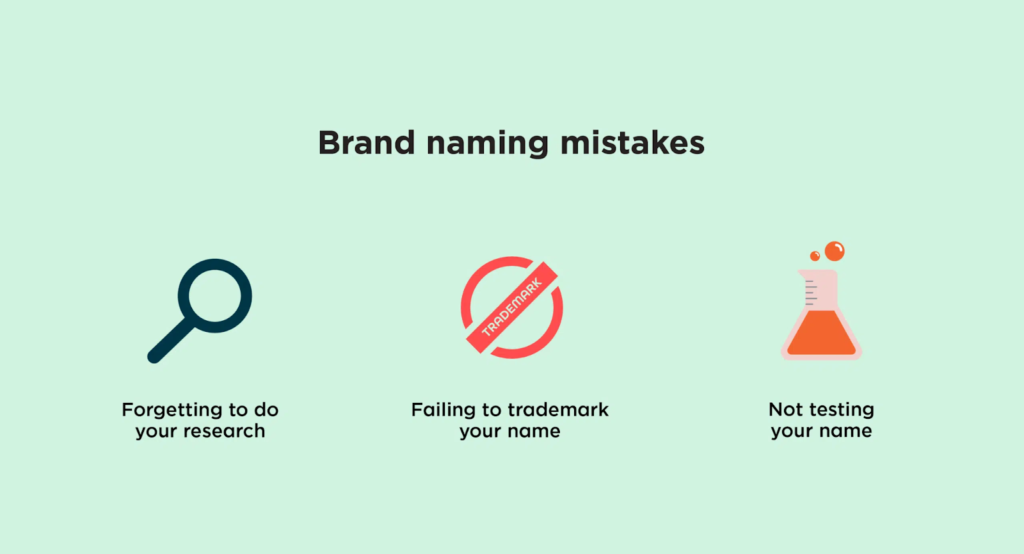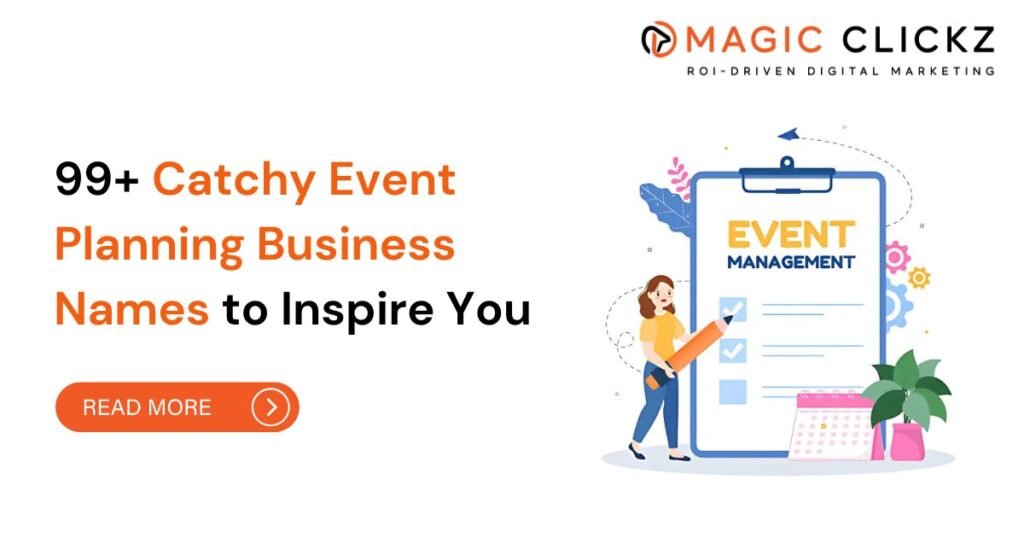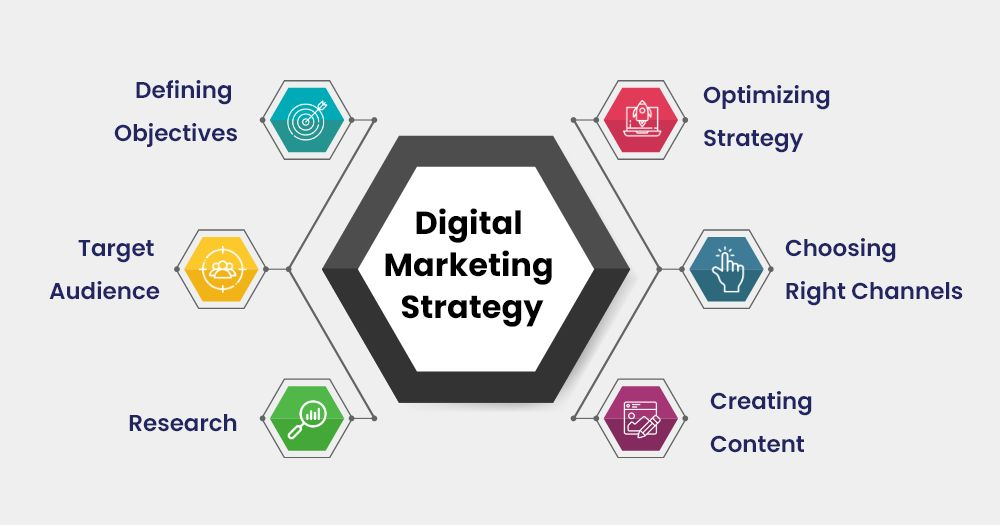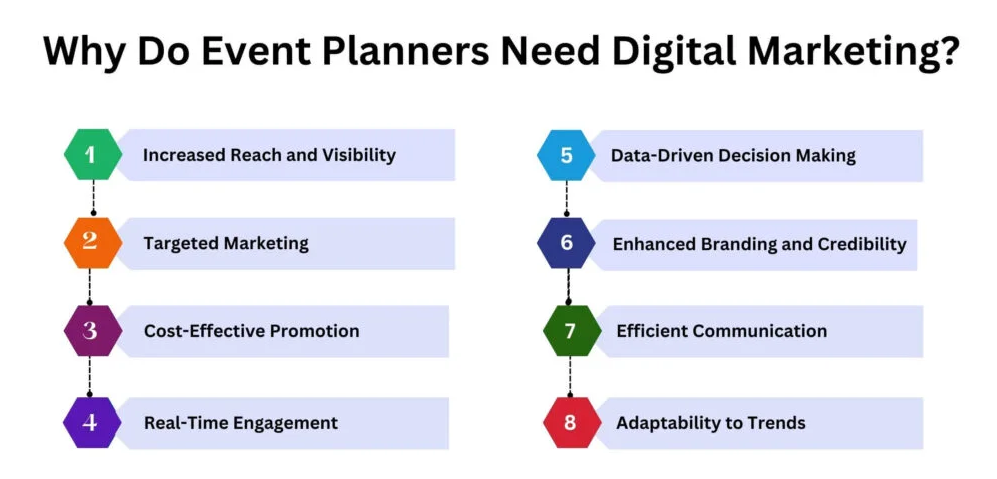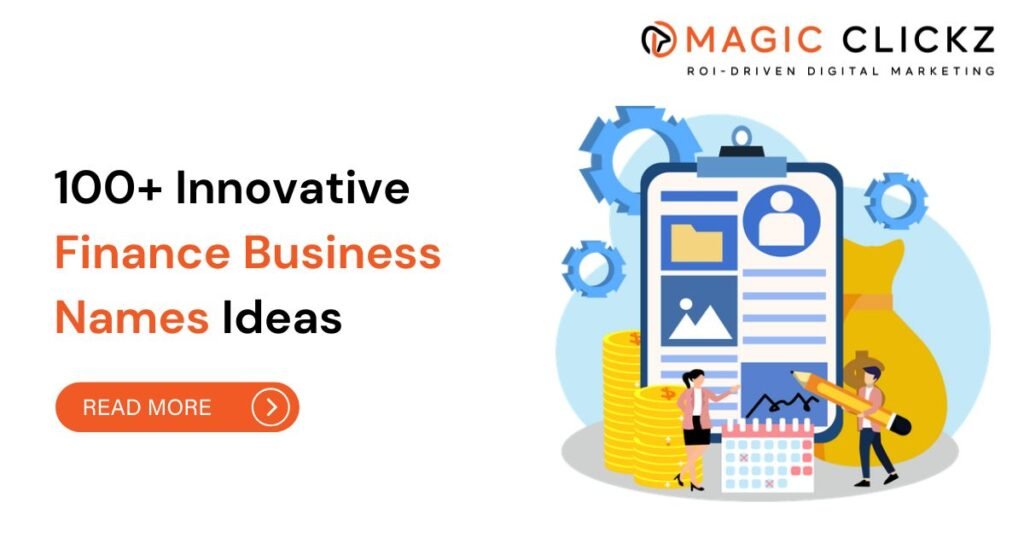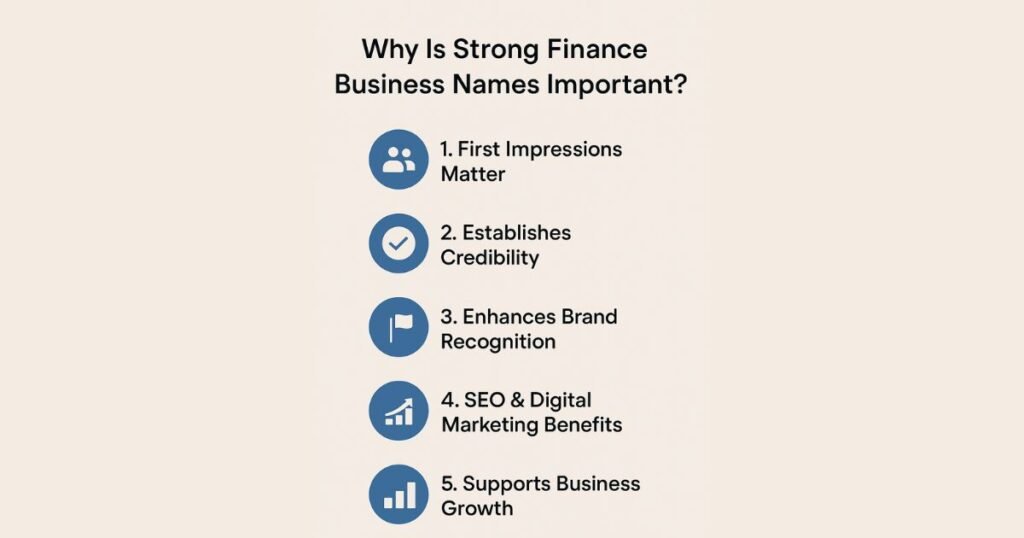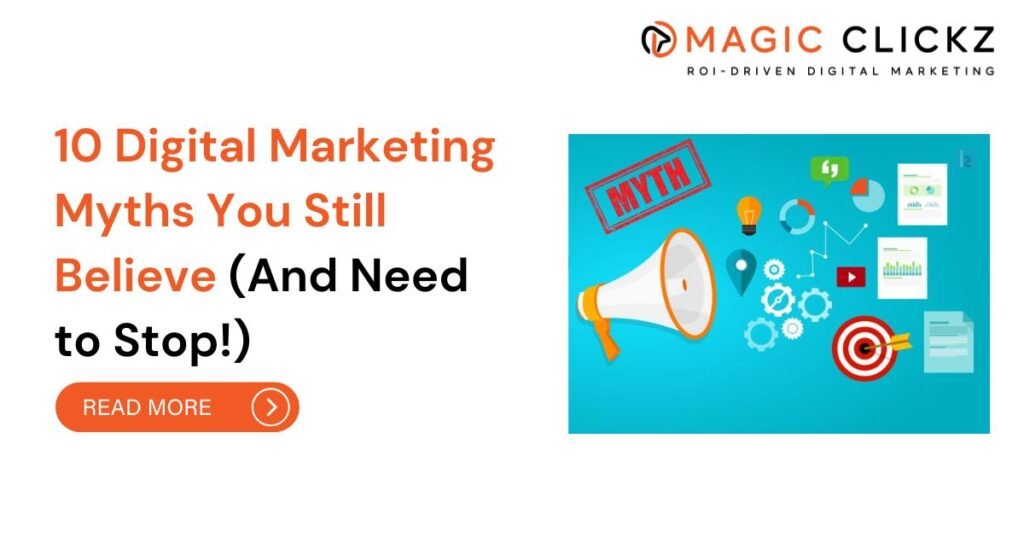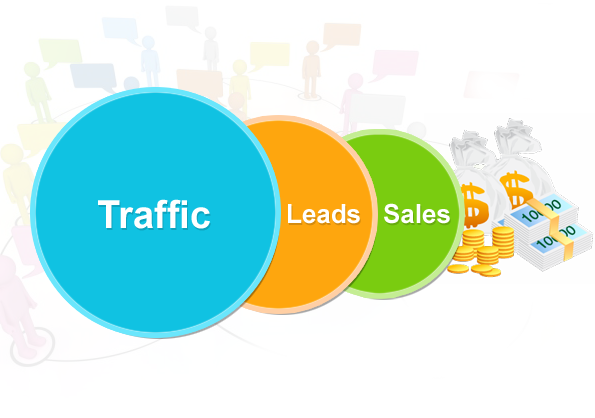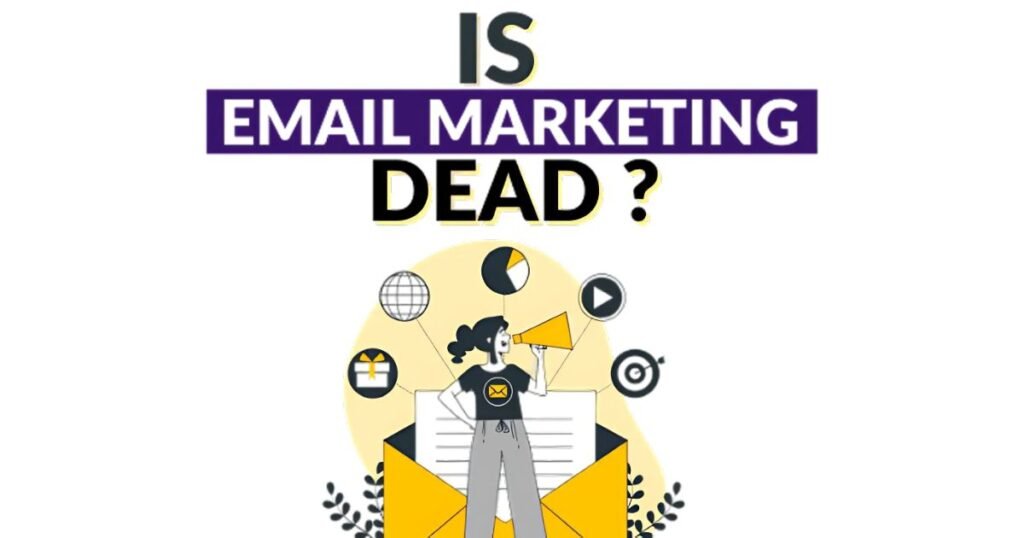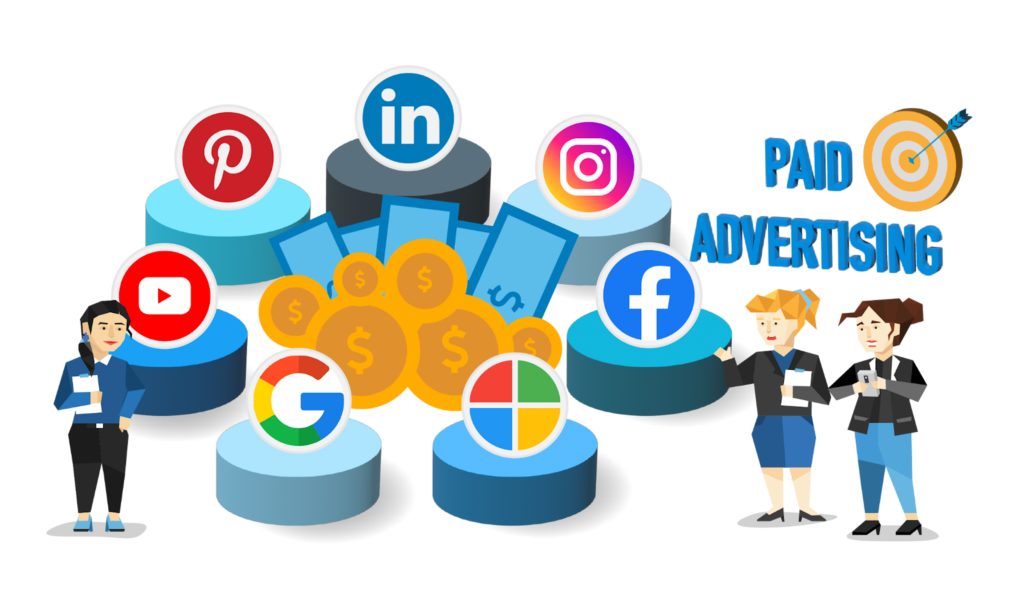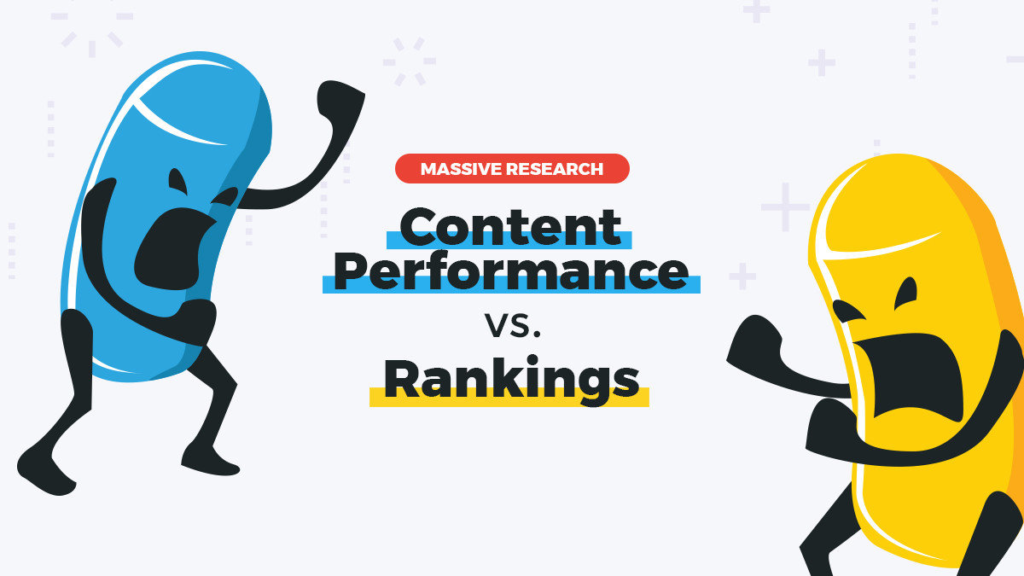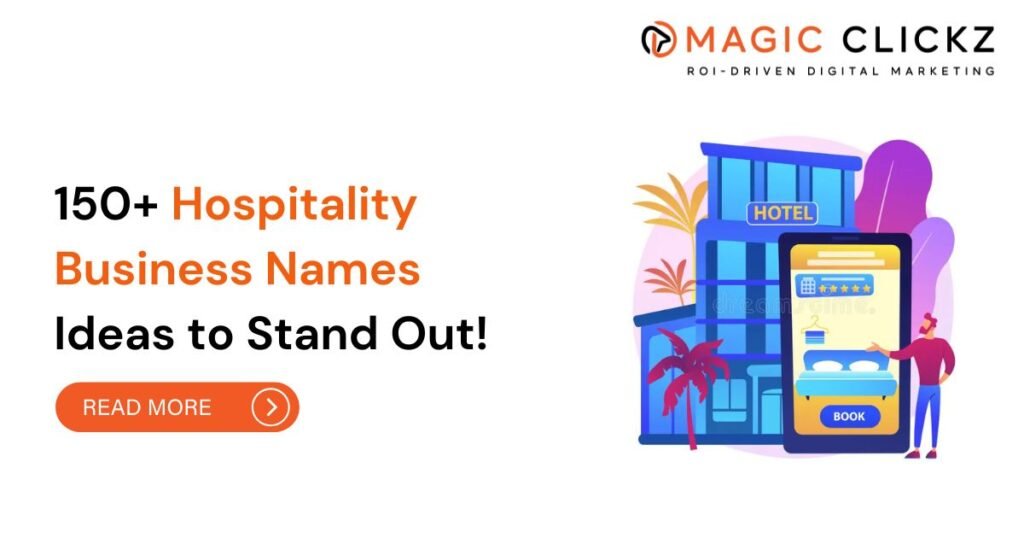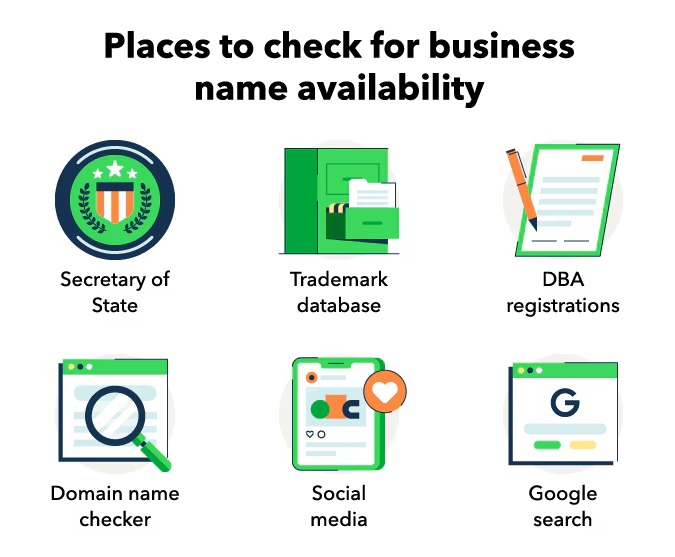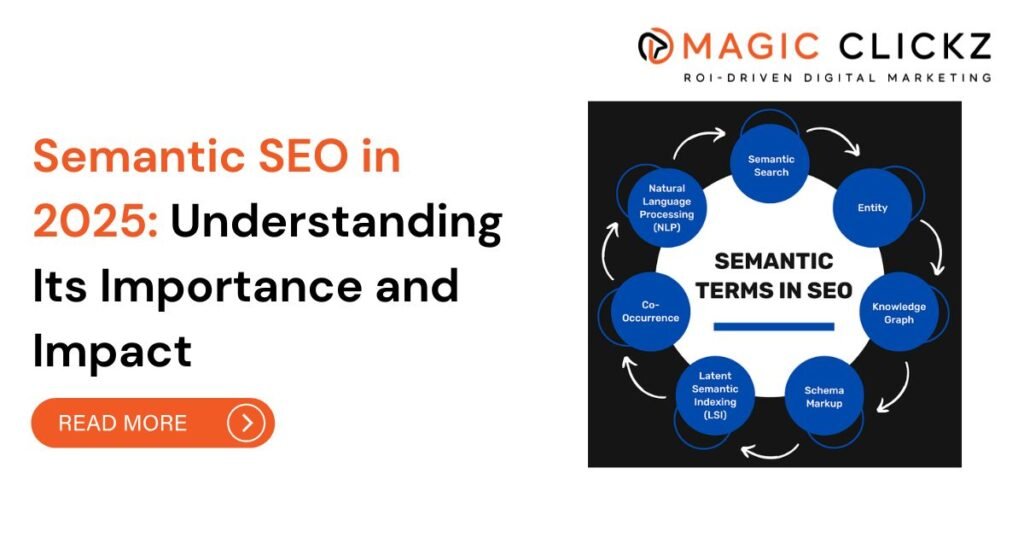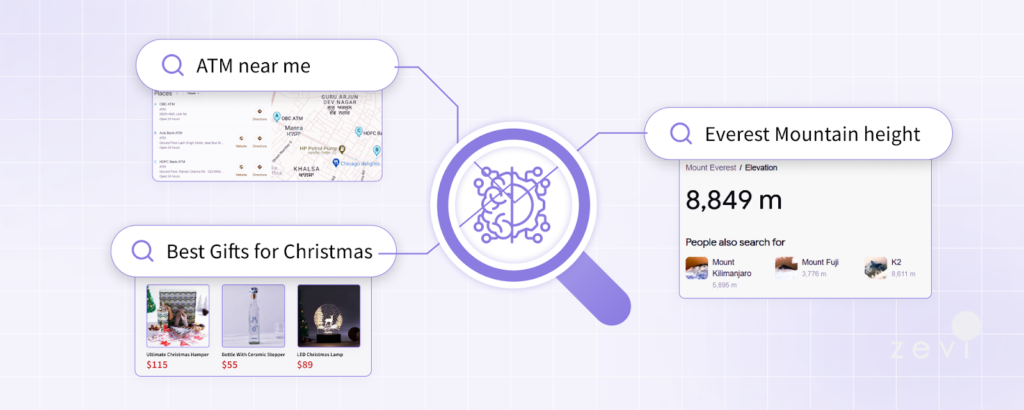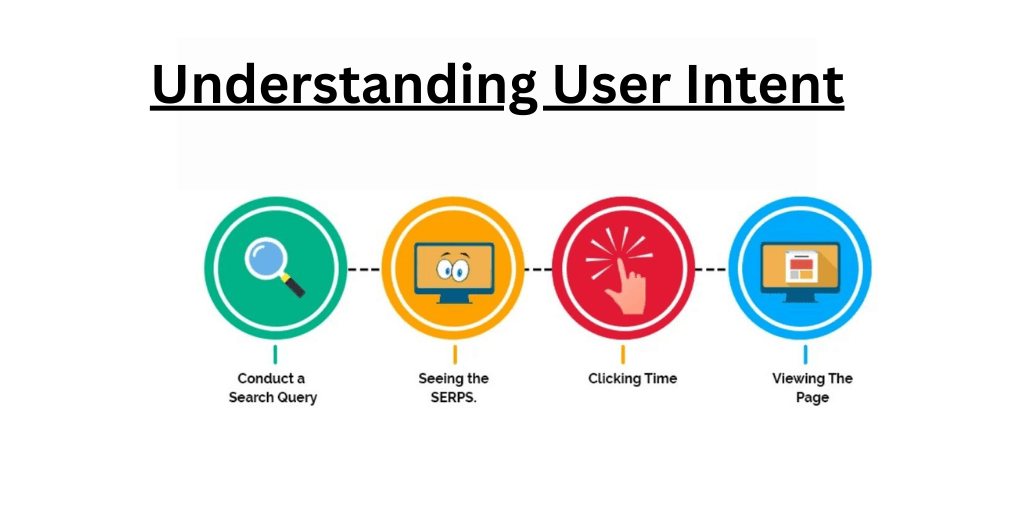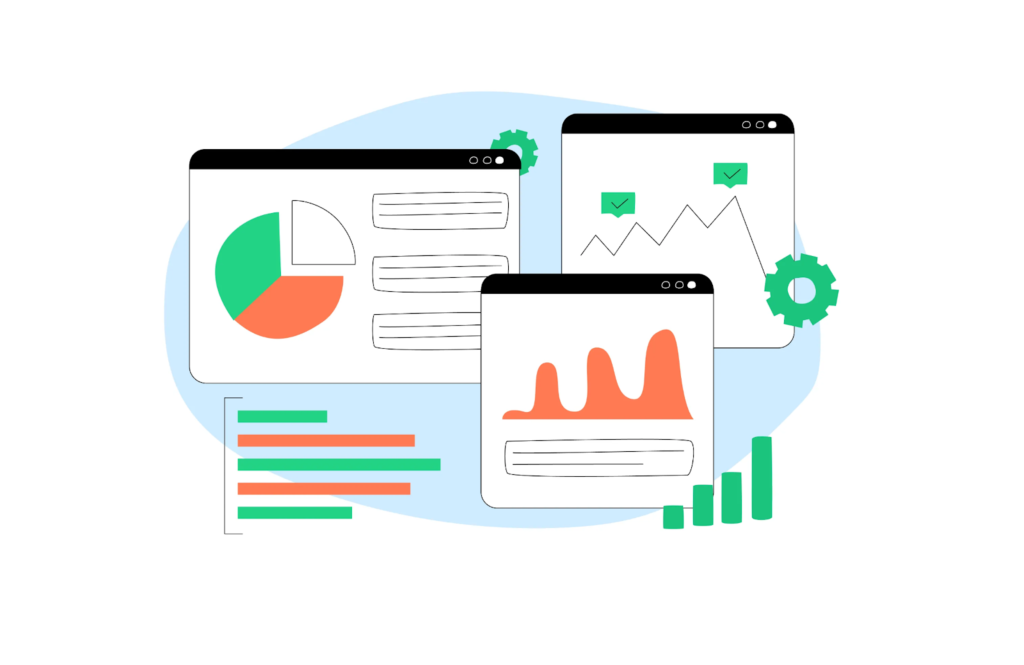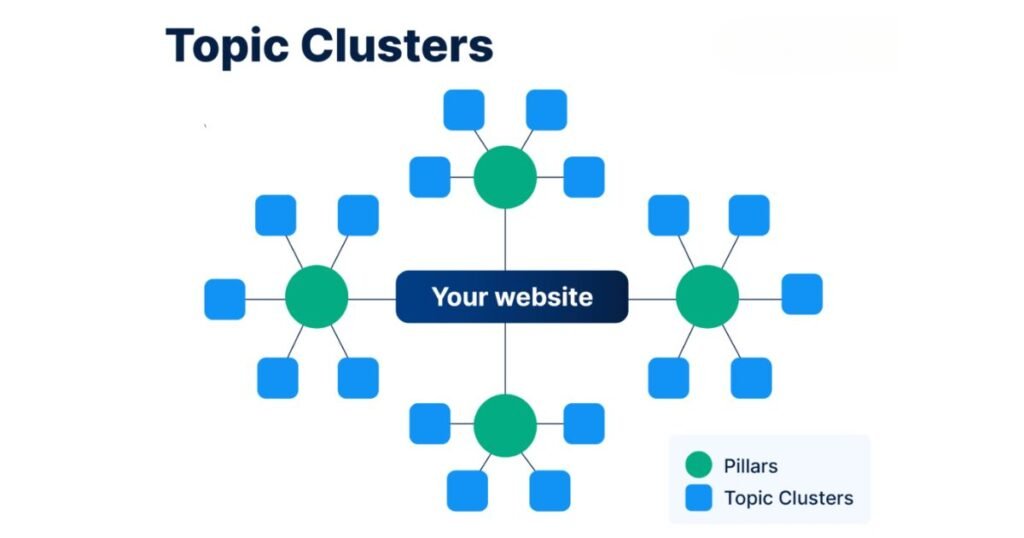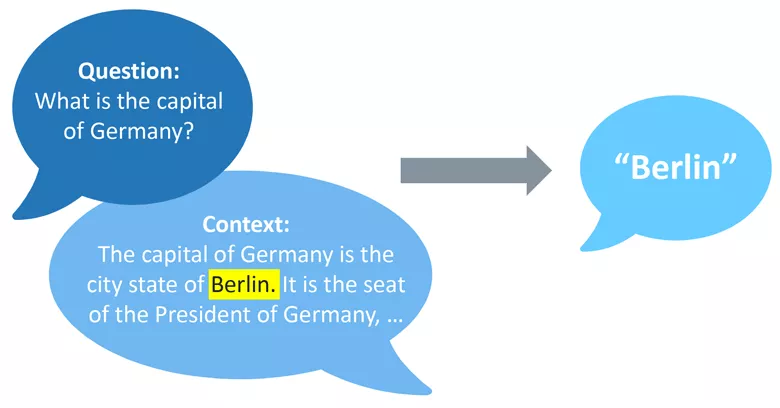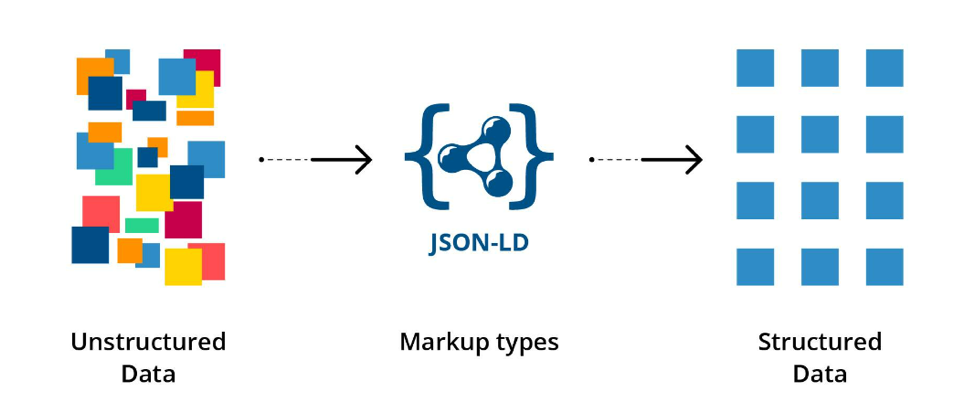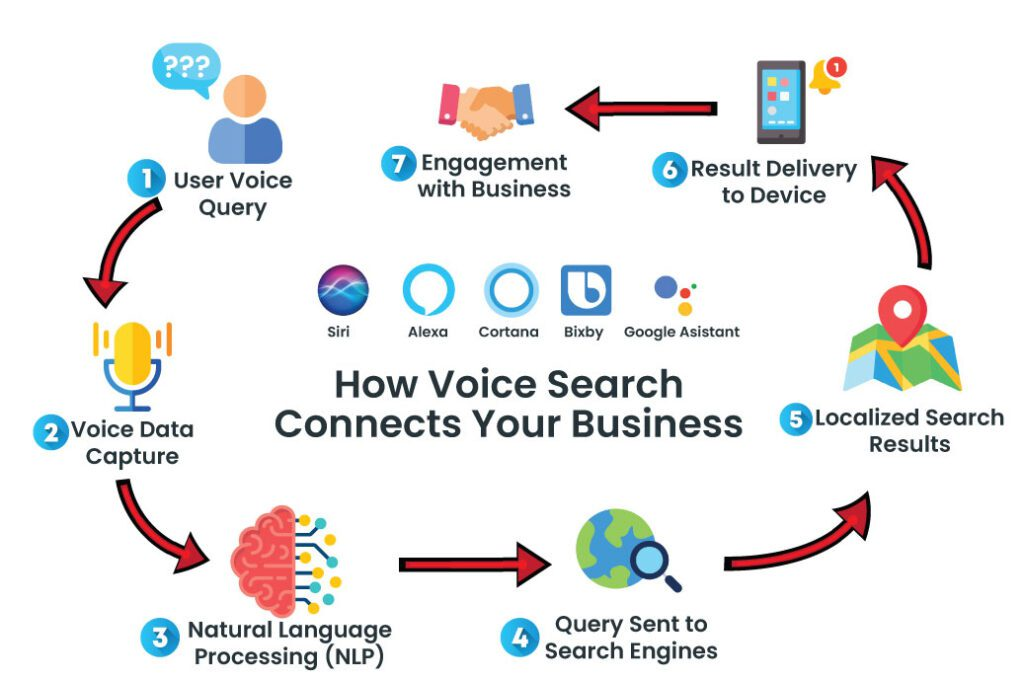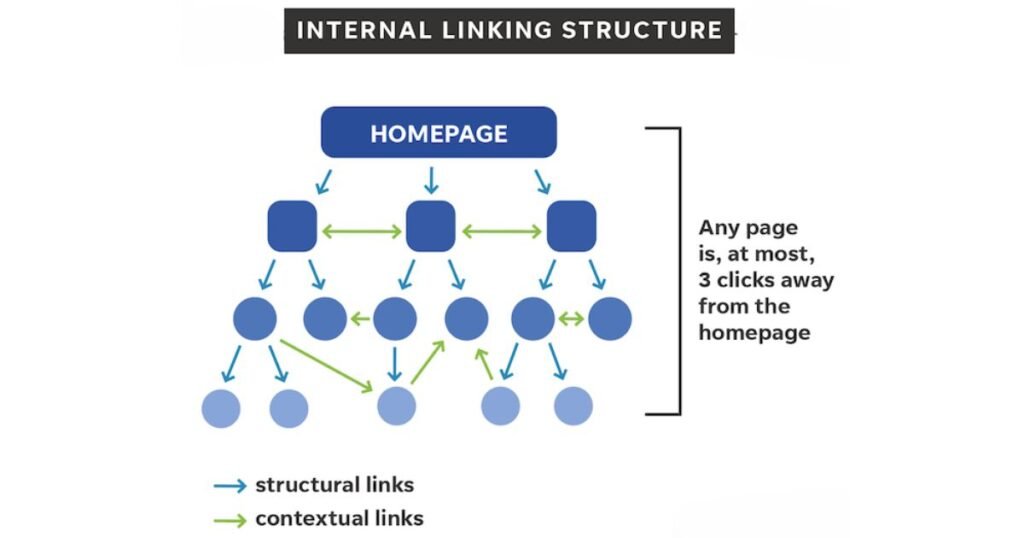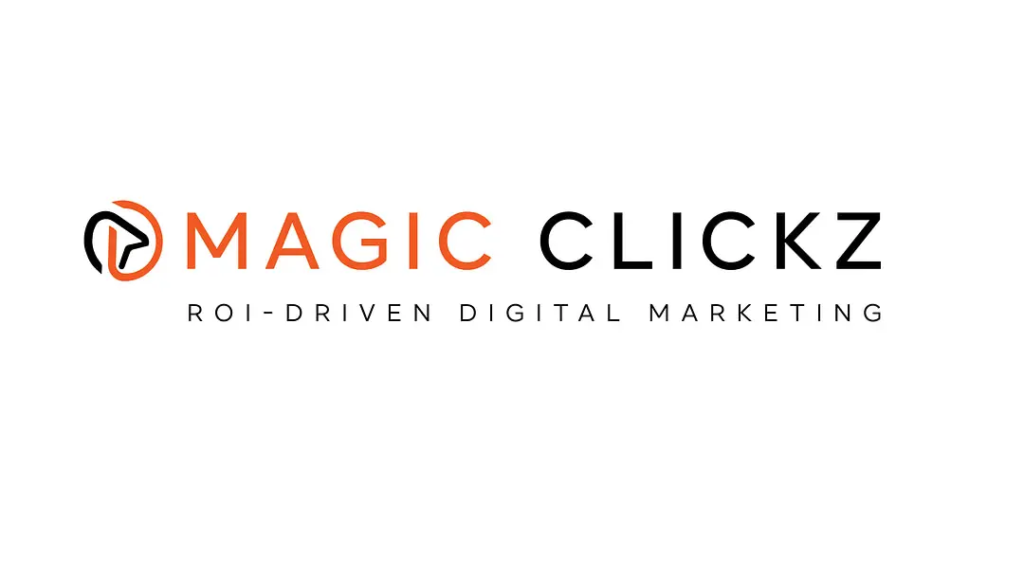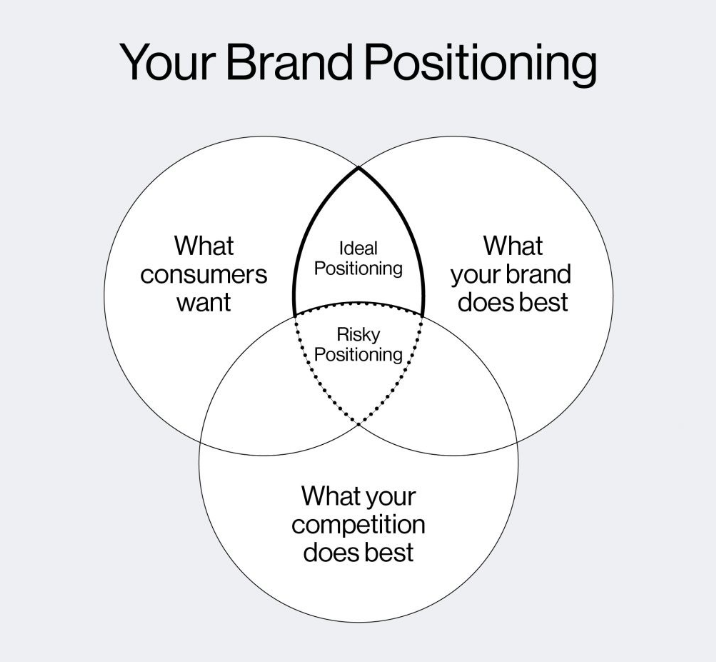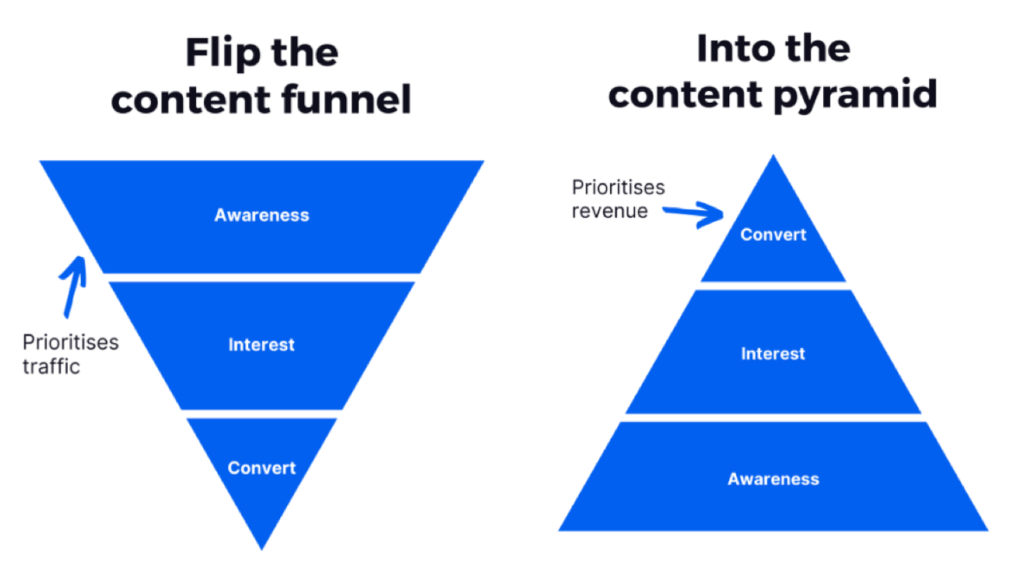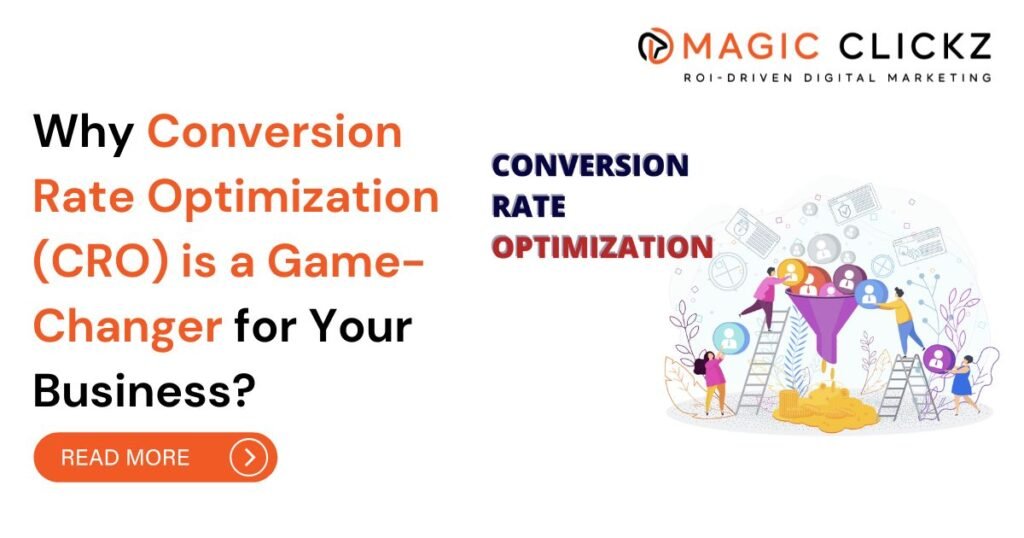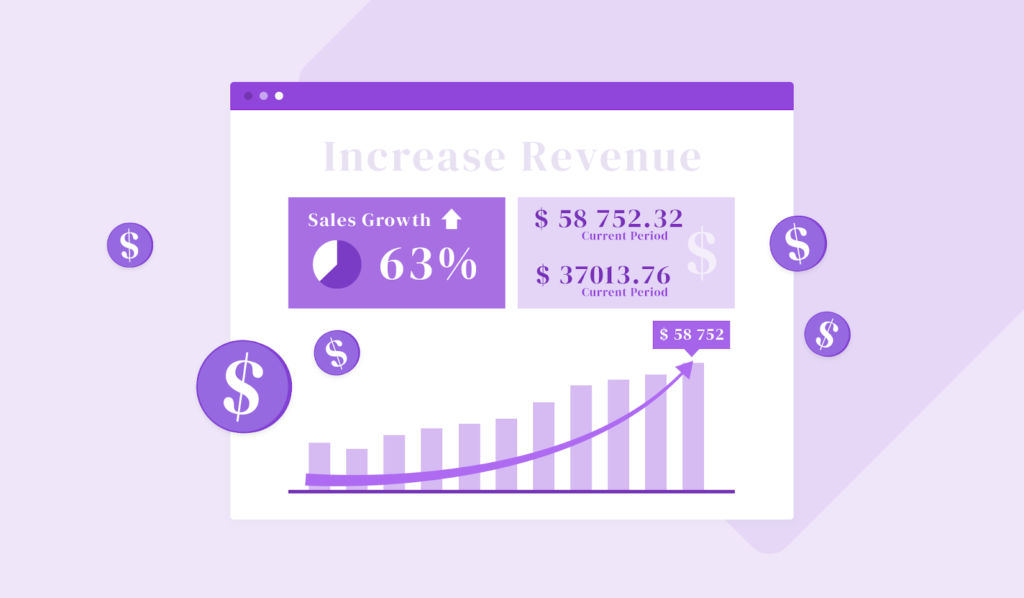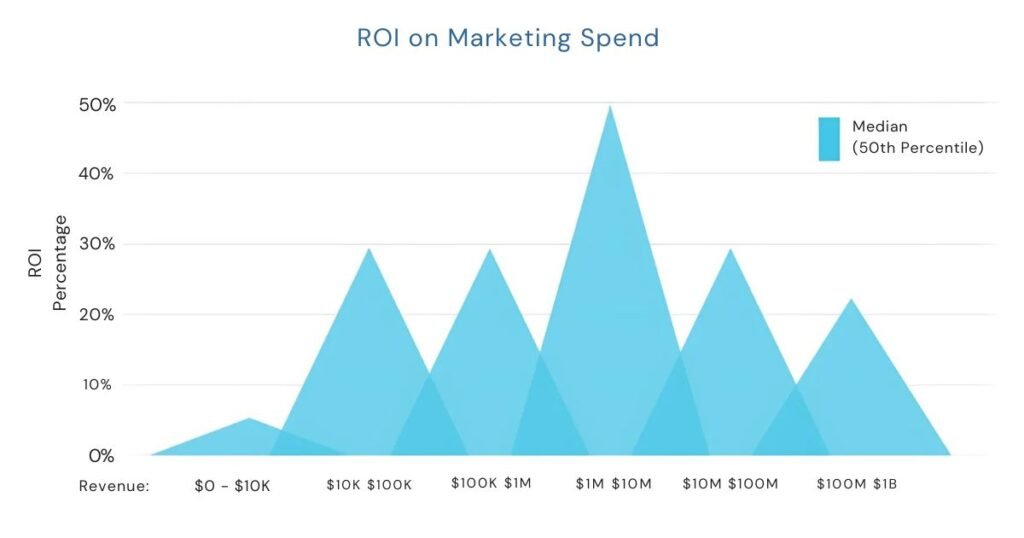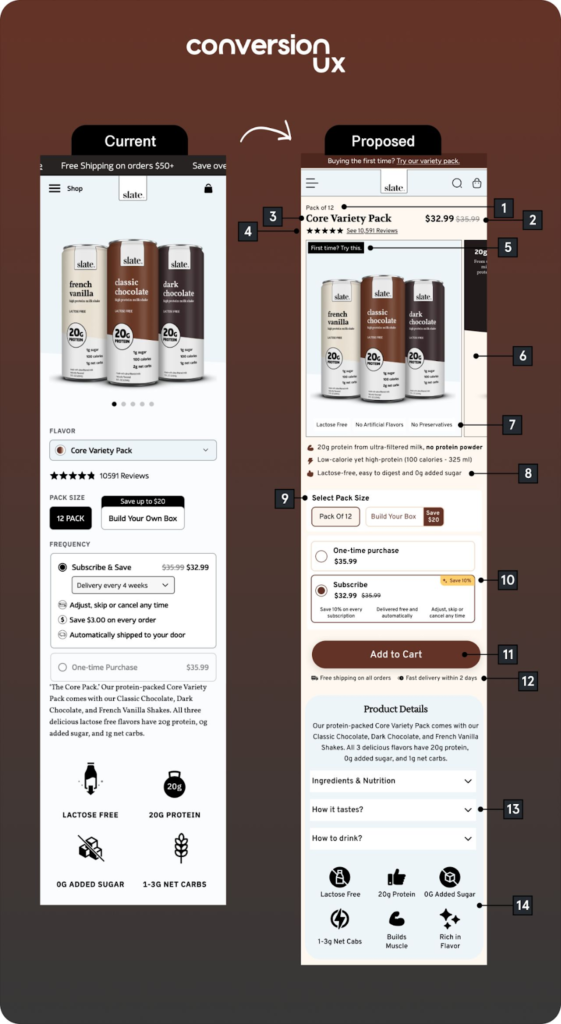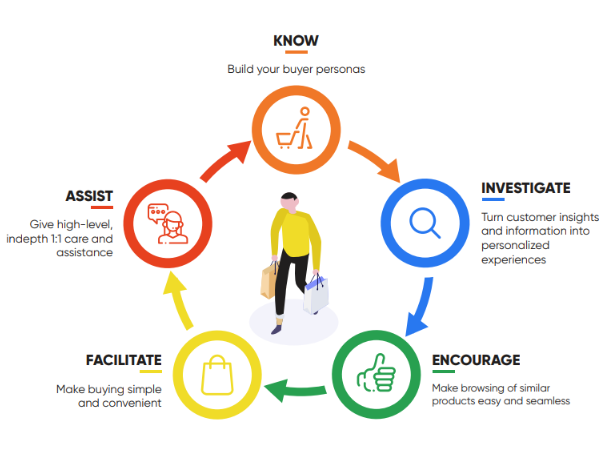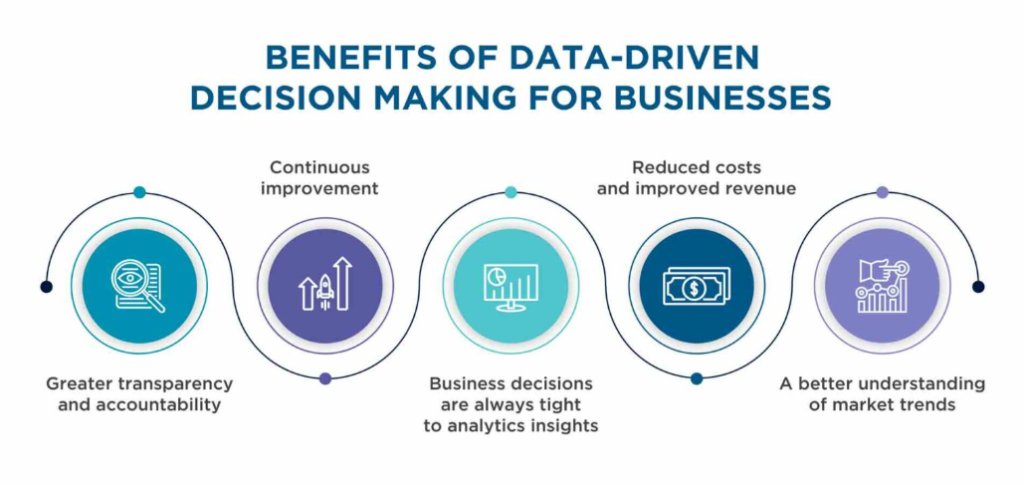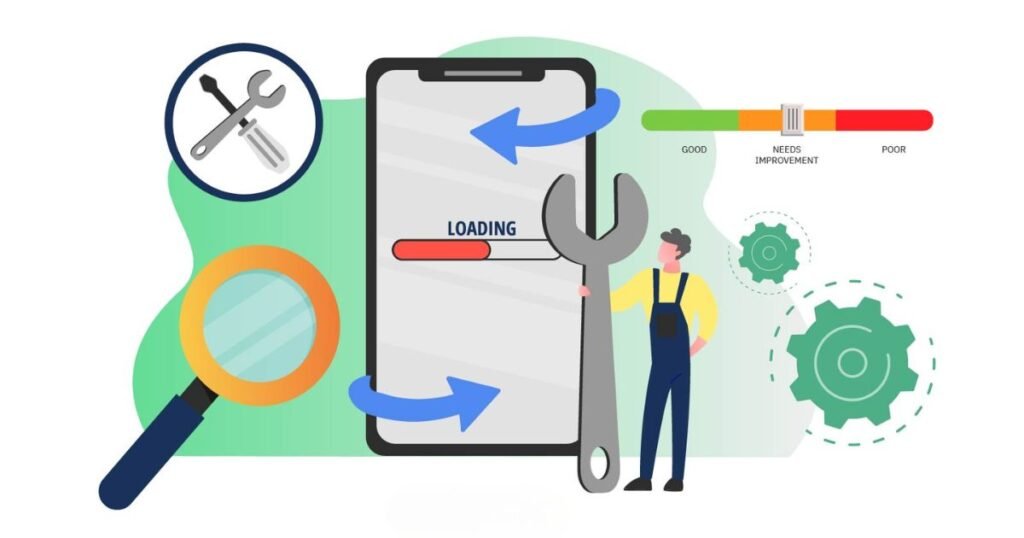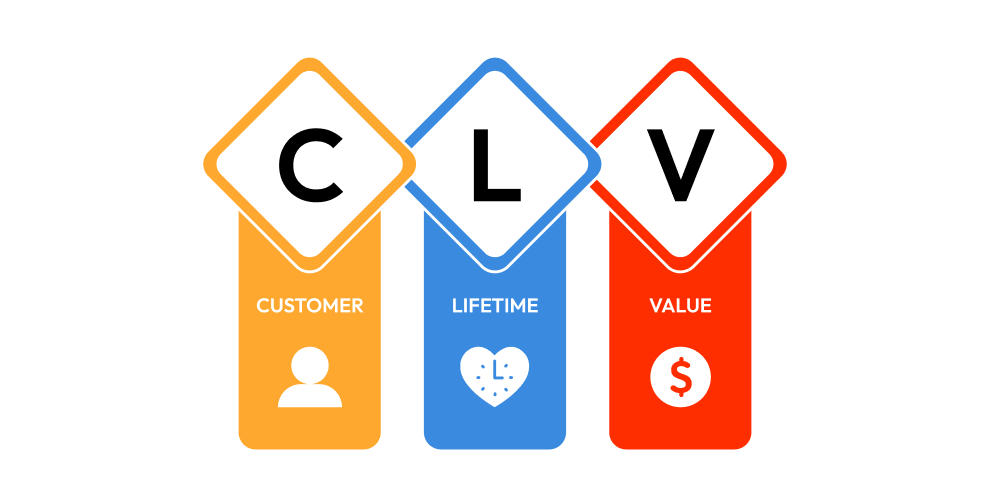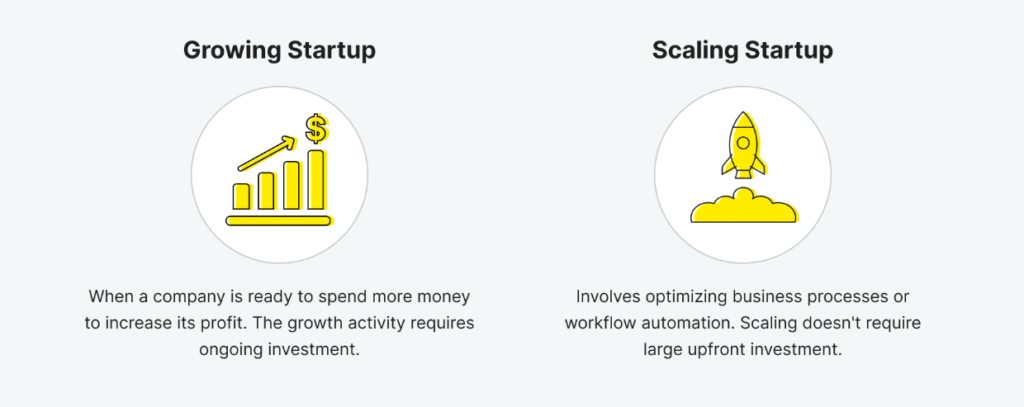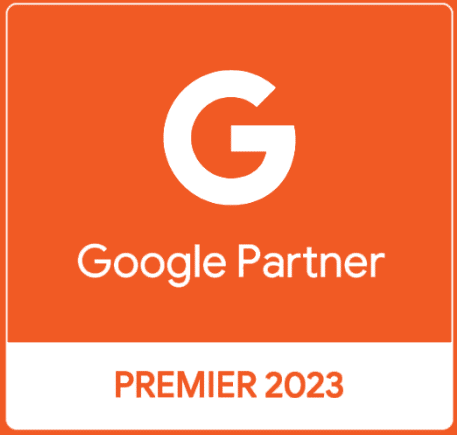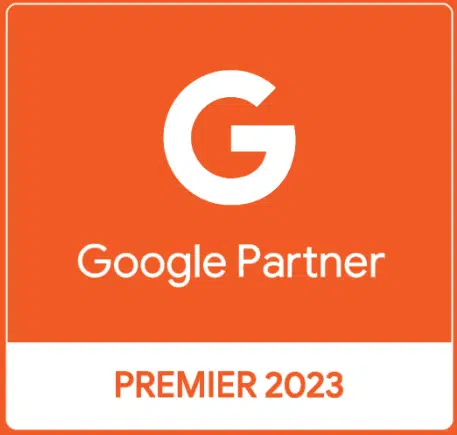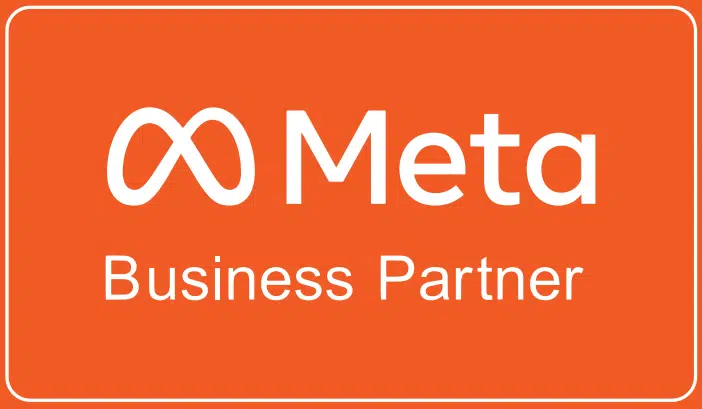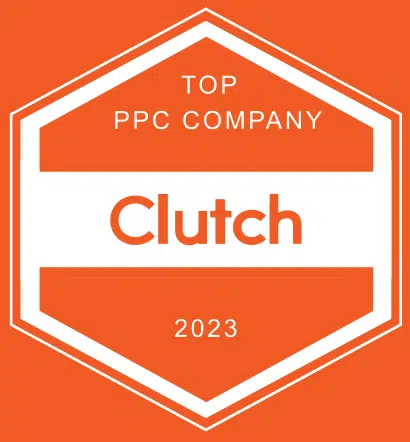If your business is not on the Internet then your business will be out of business
A famous quote by Bill Gates answers all your questions and is undeniably the adhering truth of our time.
Are you curious about the buzz surrounding digital marketing and taking your business online? You may think, “My business doesn’t need promotion” or “We already have a great reputation, why bother?” But in today’s world, the internet is accessible to virtually everyone, and more people than ever are turning to it for their daily needs.

Digital Marketing is all about connecting with your target audience in the right place at the right time, and with the majority of people spending a significant amount of time online, the internet is the perfect platform to reach them. By embracing digital marketing, you can expand your business’s reach and tap into a wider audience, driving growth and success. So, why not take advantage of this powerful tool and elevate your business to new heights?
Here are a few simple steps to get started with, taking your salon business on the Internet:
1. Use Paid Digital Marketing Strategies to expand your reach and scale your salon business:
Paid Digital Marketing strategies can be an effective way to increase the visibility of your salon business and attract more customers. By investing in targeted advertising on platforms like Google Adwords for Pay Per Click Ads, you can reach potential customers who may not have been aware of your business before. This can help you increase your customer base, boost your revenue, and scale your business over time. To get the most out of your paid Digital Marketing efforts, it’s important to carefully research and select the right platforms and targeting options to ensure that your ads are reaching the right audience. Additionally, it’s important to track your results and adjust your strategy as needed to optimize your ROI.
How Google Ads are helpful for Salon Business?
Google Ads can be incredibly helpful for salon businesses in multiple ways. Firstly, they can increase brand awareness and drive traffic to the salon’s website or booking platform. Secondly, they allow for targeted advertising, enabling salons to reach potential customers based on demographics, interests, and search intent. Thirdly, Google Ads offers the ability to track ad performance and optimize campaigns for maximum ROI. Overall, Google Ads can be an effective tool for salons to attract and retain customers, increase revenue, and grow their business.
#Bonus tip: Combining Google Ads and social media marketing can lead to optimal outcomes and rapid development of a market presence.
2. Build an informative and creative website:
If you’re looking to take your salon to the next level and attract a steady stream of clients, the first step is to create a website that truly captures the essence of your business. A well-designed website can do wonders in terms of increasing your visibility and credibility and can help you stand out from the competition. Now, you may be thinking that building a website is no easy feat, but fear not! With the help of a website development specialist, you can have a stunning and informative website up and running in no time.
But what makes a good website, you ask? Well, there are a few key elements that are essential for any salon website to truly shine.
Here are some must-haves for a website that will impress and attract customers:
- Choose the right website builder and platform: First, you need to select the right platform to build your website on. This will determine the overall functionality, design and user experience of your site. Some popular platforms to choose from are WordPress, Squarespace, Weebly, and Wix.

- Proper color scheme and fonts: Next, you need to choose a color scheme that reflects your brand and makes a lasting impression on visitors. A well-designed theme can effectively communicate your message and set the tone for your brand.

- A perfectly designed logo: Your logo is also a critical element in establishing your brand’s identity. It should be creative, eye-catching, and memorable to help your business stand out.

- Showcase your services and pricing: Showcasing your services and pricing is important as it will be the main reason visitors come to your website. By providing clear information, you will be able to attract and retain clients.
- Make booking appointments easy: Booking appointments should be easy and accessible on your website. A visible “Book an Appointment” button can help streamline the process and increase customer satisfaction. For Example Mindbody, Vagaro, Gloox, Wellness Living, Acuity Scheduling, Hubspot Sales Hub, etc.
- Have Powerful Imagery: Powerful imagery is a must-have, especially in the hair industry where visual identity matters most. Use high-quality images to showcase your work, and get creative with fun and quirky “before and after” images to stand out. A visual portfolio of your work is a great way to showcase your skills and help visitors understand the value of your services.

- Leverage Your Client’s Reviews and Testimonials throughout your website: Finally, leverage your client’s reviews and testimonials throughout your website to establish trust and credibility. By highlighting your satisfied customers, you can effectively market your business and attract new clients.

3. Create Google Business Profile & Get Your Business Listed on the Maps:
In today’s fast-paced world, almost everyone relies on their smartphones to find nearby services, such as hair salons, barbershops, and other local businesses. With such a vast pool of potential customers searching for your services, it’s important to ensure that your business is visible to them. And what better way to achieve this than by creating a Google Business Profile?

By having a Google Business Profile, your business will show up in organic search results when people search for services related to your industry. This will not only increase your visibility but also help you connect with potential customers who are actively searching for what you offer.
One of the great things about having a Google Business Profile is that it allows you to appear on Maps and Pack Listings, making it easier for people to find your business when they’re out and about. Plus, it enables your customers to leave reviews for your business, which can help build trust and credibility with new customers.
#Bonus Tip: There are my supported Customer Reviews Platforms that can be used to get more reviews for your business – Better Business Bureau, Clutch, Foursquare, Yelp, and more.
4. Social Media Marketing Strategies
If you’re looking to take your business to the next level, social media is the place to be! By regularly posting and updating your social media accounts with new offers and services, you can attract more customers and showcase your brand to a wider audience.
To really engage with your customers, you can take advantage of various social media strategies. For example, you could educate your followers on certain beauty tips, ask them questions or run polls to create a buzz around your brand. Don’t forget to leverage the power of hashtags to boost your reach and engagement.
To really get the most out of social media, it’s important to be active on all popular platforms such as Facebook, Instagram, Twitter, Pinterest, YouTube, and LinkedIn. Each platform has its own strengths and audience, so it’s important to tailor your content accordingly. By doing so, you can increase your targeted audience and bring more customers to your business. So, what are you waiting for? It’s time to level up your social media game!
The Result we achieved:
- The Google Display remarketing and Performance Max campaigns were an absolute triumph for the salon, producing remarkable results. The remarketing campaign created an astounding 30% boost in bookings from customers who had previously engaged with the salon’s website. Additionally, the campaign achieved a remarkable 25% rise in conversion rates compared to prior campaigns.
- The Performance Max campaign surpassed expectations, driving an incredible 50% surge in website traffic and an impressive 35% increase in overall bookings.
- The salon was beyond delighted with the phenomenal outcomes of both campaigns, which exceeded all their expectations and delivered outstanding results.
Despite the challenges:
- Changing consumer behavior: Consumer behavior is constantly evolving, and the salon must adapt its marketing strategies to suit the changing preferences of its target market.
- Limited Budget: Despite facing budget constraints, we were able to deliver impressive results for the salon’s Google Display remarketing and Performance Max campaigns. Through strategic planning and meticulous execution, we achieved a remarkable 30% increase in bookings from users who had previously interacted with the salon’s website, along with a 25% boost in conversion rates compared to prior campaigns.
To bring it all together, the combination of both campaigns has worked wonders for the salon, attracting both new and existing customers to make bookings and driving up revenue. The salon was thrilled with the impressive results, and its business is now thriving in a highly competitive market.
In conclusion, maximizing your salon’s online presence through digital marketing is an essential strategy for growth in 2023. By implementing the tips and tricks discussed in this article, you can enhance your salon’s visibility, attract more customers, and ultimately increase your revenue. From creating a winning content marketing strategy to using social media to your advantage, there are numerous ways to leverage digital marketing to achieve your business goals. With the right approach, you can establish a strong online presence that sets you apart from the competition and positions your salon as a go-to destination for beauty and self-care in 2023 and beyond.
Need more information on how these strategies work? Check out our success stories on how we helped these salons to grow their business.
Your comments are welcome and If you need any help, Contact Us
Or, Mail us at: neeraj@magicclickz.com


